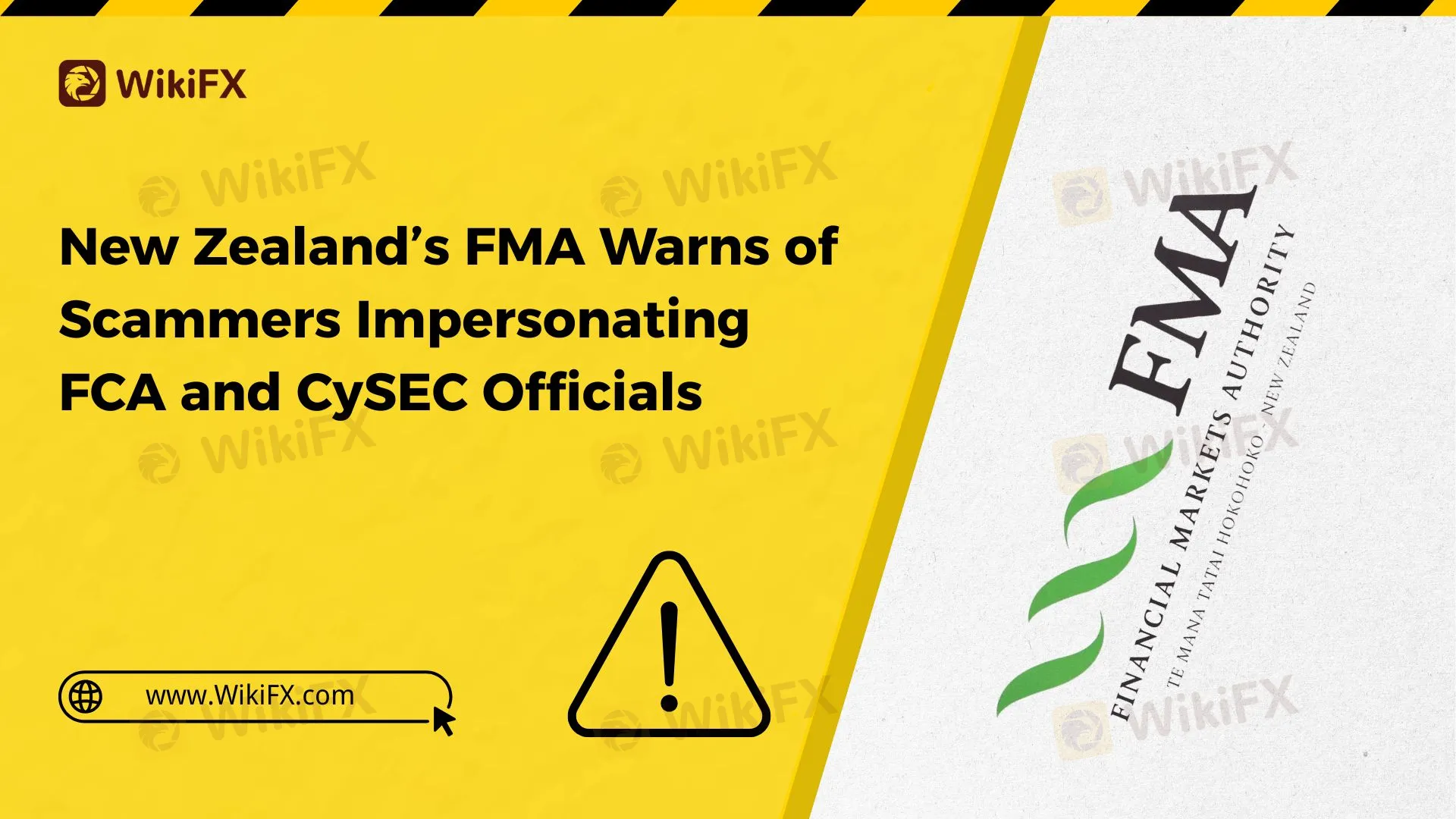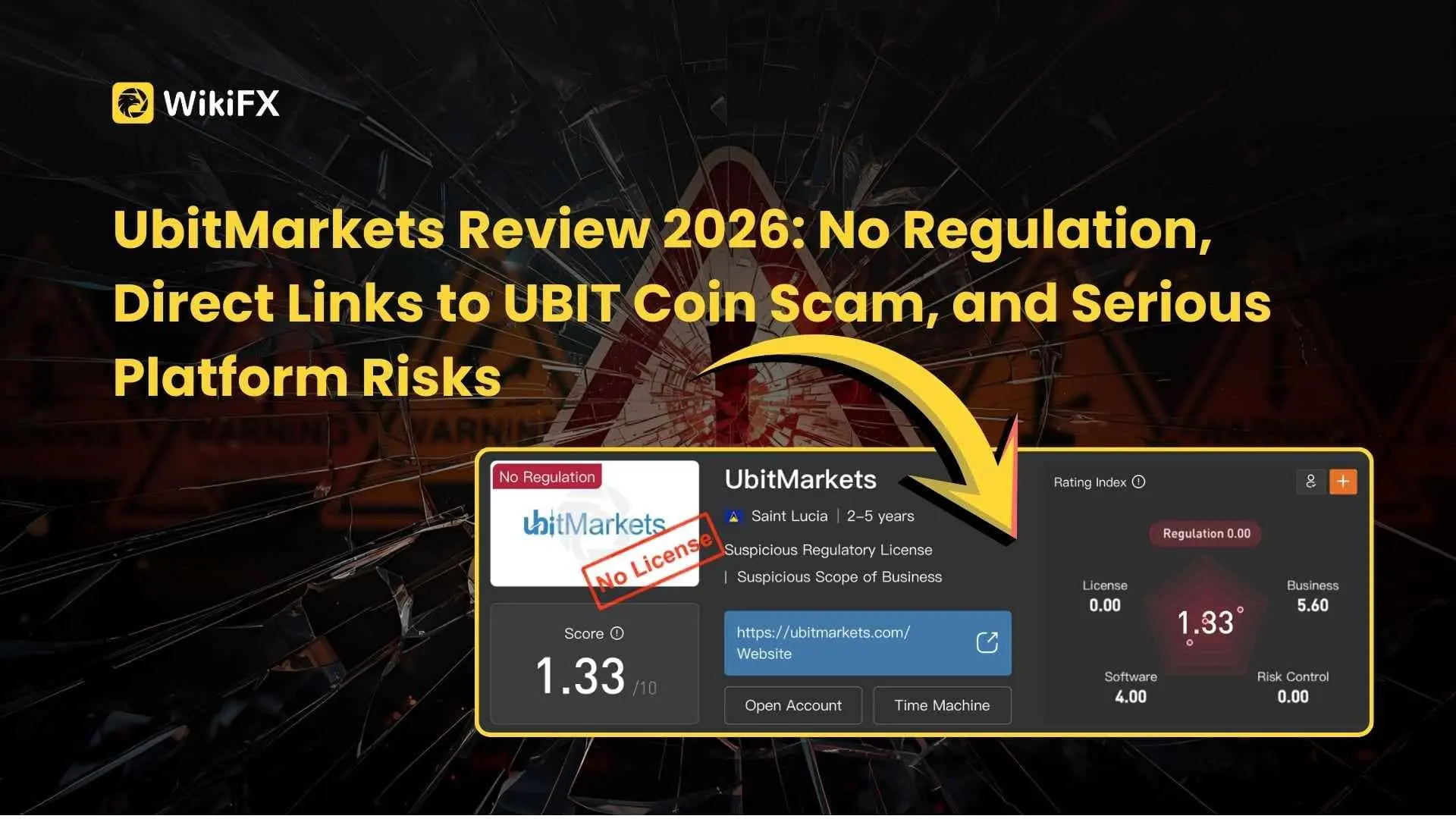Abstract:New Zealand’s FMA warns that scammers are impersonating regulators like the FCA and CySEC to lure investors through fake investment groups on chat apps.

New Zealands Financial Markets Authority (FMA) has raised concerns about a growing wave of investment scams spreading through chat platforms. The regulator revealed that it is receiving a rising number of complaints from individuals who were added to online investment groups after being approached via unsolicited messages.
These scams often begin with messages sent through platforms like WhatsApp, Telegram, Facebook Messenger, and Instagram. Victims are typically invited to join groups that appear to offer investment tips or education, but are, in reality, run by fraudsters. Once inside, theyre presented with attractive—but fake—investment opportunities.
According to the FMA, scammers are now going a step further: impersonating representatives from major financial regulators, including the UKs Financial Conduct Authority (FCA) and the Cyprus Securities and Exchange Commission (CySEC). By misusing the names of respected regulatory agencies, these scammers are attempting to build false credibility and lure more victims.
In some cases, individuals who had already fallen prey to scams were later contacted by fraudsters pretending to be from the FCA or CySEC, offering to “recover lost funds” for a fee. These so-called recovery scams are increasingly common and add a second layer of financial harm.
The FMA stressed: “Any unsolicited contact about investments—especially from someone claiming to represent a regulator—should be treated with extreme caution.” They urge the public not to trust unknown individuals online, no matter how professional their profiles or documentation may appear.
This issue is not limited to New Zealand. Australian regulators have issued similar warnings, noting that investment scams—particularly those involving cryptocurrency or forex—have caused hundreds of millions in losses. Other countries, such as Vietnam and Russia, have even taken steps to restrict access to platforms like Telegram over their failure to curb scam activity.
To protect yourself, always verify a company‘s legitimacy before engaging. Check their regulatory status through official sources—or use tools like WikiFX to confirm a broker’s credentials and avoid falling into the trap.








